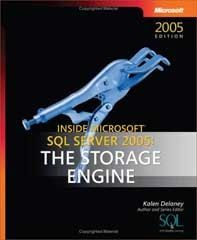
ASP.NET Just Became a Legacy Platform
One of the least surprising but more significant announcements to come out of Mix ‘09 last week was the general availability of ASP.NET MVC 1.0. The development process for this framework has been very transparent, with no fewer than eight previews, betas and release candidates made available over the past year or so. Microsoft are being careful to tout ASP.NET MVC as being “an alternative, not a replacement, for ASP.NET Web Forms”, but just look at their list of some of its benefits: ...




